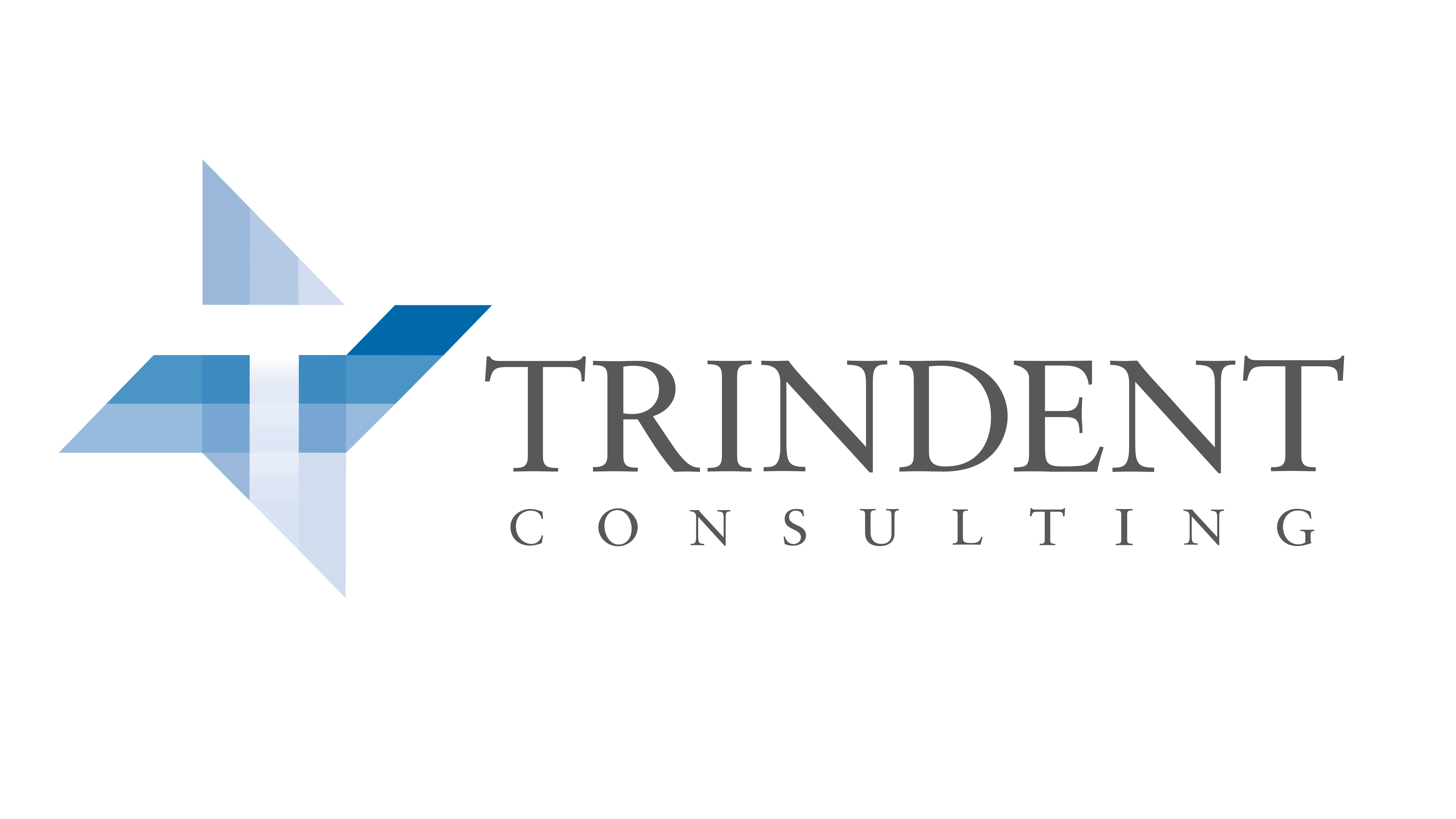How to Successfully Navigate the Case Interview
Interviews are always nerve racking. With a strong desire to put your best foot forward, you can end up putting your foot in your mouth instead. Everyone has done it at one point or another, walking away thinking “wow, that was bad”.
The case interview, a standard step in the hiring process of any consulting firm, has an added element of stress. Not only is your background and character being scrutinized, but so are your problem identification and solving skills. Remaining focused and being clear to let your problem comprehension and concise analysis shine through can be difficult in this situation.
However, as intimidating as a case interview may seem, there are three simple ways to detach from the stress and instead approach the entire process logically to succeed.
Practice
A case interview is no different than any other interview in that you need to present yourself well. However, it does require a much different approach to preparation. When warming up for a fit or a character interview, you polish up on the basics, rehearse responses to standard questions like “why do you want to work here” or “tell me a time you failed and how did you respond”, and generally prepare to speak to content you are well versed in. But in case studies, you don’t know in advance what content you’ll be asked to cover.
So, the first step to preparing for a case interview is to polish your responsive analytical and problem-solving skills by taking advantage of the myriad sample case studies available online. Practice how to separate the stimulus from the question, how to break down the problem, how to identify what information is missing, and how it should be gathered and synthesized.
Do Your Research
Your next step will be to research the company’s terminology.
Study their website and their LinkedIn page, and read any publications you can find in order to learn what their “language” is. A quick perusal of Trindent’s website and LinkedIn page, for example, will show a treasure trove of vocabulary and expressions that make up the standard language we use every day.
Remember to Adapt
During the interview, knowing the company’s nomenclature will help you understand the case, read your interviewer’s queues, structure your responses to fit the company mold, be concise in your answers, and hit the right points rather than explaining around them.
It will also allow you to adapt your style to match that of the interviewer. It may seem like a small thing, but the case will be presented using the company’s language, so pivoting to using their terminology will not only help you understand it better, but will also allow your interviewer to easily follow your thought process as you talk through the solution – all of which will translate into higher scores.
Being well prepared for a case interview takes a lot of time, but it also takes a great deal of stress out of it and sets you up to succeed in the next steps of your consulting career.
Interested in becoming part of our team? Check out our current openings page to find a role that best suits you.

At Trindent Consulting, we are a global technical augmentation company with a passion for solving complex problems in the energy, healthcare, and finance sectors. With over 100 client partnerships, our success centers on prioritizing sustainable profit margin improvements and delivering impactful results.
As a medium-sized firm, we cultivate a close-knit environment where every team member knows one another. Our people are fun, and our work is intriguing and diverse. We actively strive to create an inclusive environment where everyone has equal opportunities for growth and success.
Interested in becoming part of our team? Check out our current openings page to find a role that best suits you.
Interested in topics related to “Building a Career in Consulting”? Click the buttons below to check out our related insights.
Setting Up for Success: A Beginner’s Guide to Consulting
What exactly do consultants do? This is a question commonly asked of consultants by friends, family, or during coffee chats. The truth is, ‘Consultant’ is a broad term covering a wide range of definitions.
In this article, we’ve condensed the essential skills and benefits common to Trindent Consultants. These are the core ingredients that define the consulting lifestyle, enable us to deliver bottom-line results and represent what you can expect from a career in consulting.
C – Change
In consulting, there are two layers of change that are important to master: (1) the ability to accept change; and (2) the ability to instill change. As a consultant, you need to be able to adapt to changing work conditions and environments. By learning to embrace change and expect the unexpected, you will set yourself up for success. Additionally, as a consultant, you are responsible for influencing the client to trust the solutions you are providing. It is imperative that you can deliver on your promises and establish rapport to implement sustainable changes.
O – Organization
You will work with large amounts of information and data throughout the majority of the engagements you are a part of. You may also work on several concurrent engagements with competing deadlines and priorities. By staying organized, productive, and managing your time, you will be able to complete deliverables with a systematic and efficient approach.
N – Network
You will work with incredibly smart people within your consulting firm as well as on your clients’ teams. This will allow you to build professional relationships with ambitious and talented individuals who you can continue to learn from throughout your career.
S – Solutions Oriented
Successful consultants are solutions-oriented – you enjoy the challenge of solving difficult business problems while uncovering effective and innovative solutions.
U – Urgency
One of Trindent’s core values is Perfection with Urgency. As a consultant, you may have new deliverables pop up with tight turnaround times. It is essential to produce a high-quality deliverable efficiently and effectively to ensure it is client-ready within deadlines.
L – Learning
As a consultant, you are going to work on various projects, with a variety of clients in a wide range of industries so you will certainly not be deprived of opportunities to learn! If you are a curious individual with a love of learning, consulting could be the perfect fit.
T – Travel
One of the most exciting parts of consulting is the opportunity to travel. Trindent’s global client base will allow you to fly frequently, live in hotels, and explore new cities, all while bonding with your engagement team.
I – Initiative
As a consultant, you may be expected to lead your own workstream during an engagement. You should be comfortable stepping up to the challenge and act with little to no supervision.
N – Navigate Ambiguous Situations
At times, you will face challenging and ambiguous business problems. These situations will push you to be comfortable with the unknown and uncover insights from complex problems.
G – Growth
Aligned to the love of learning, working in consulting will expedite your professional growth immensely. Being exposed to a variety of clients, industries, and business practices will allow you to gain unparalleled experience and knowledge within a short timeframe.
Above all, Consultants Make It Happen™. We develop insights, instill change, and deliver sustainable results for our clients. By honing the skills mentioned and demonstrating them during your work or throughout the interview process, you will be setting yourself up for a successful career.
Top Reads to Break into Consulting and Succeed
Unlike careers in medicine, law or priesthood, one doesn’t require seven, eight or ten years of education to break into consulting. However, it might often seem that way. Statistically, more and more top business school grads are gravitating towards a career in Management Consulting, so competition has never been tougher. Listed below, are some books that can greatly assist you, not only in breaking into consulting but also in succeeding once you’re there.
-
The McKinsey Way – Ethan M. Rasiel
Quick Glance: The McKinsey Way gives you a quick glimpse into the life of a McKinsey Consultant. The book discussed in simple terms how to run a meeting, how to sell yourself, your business and your ideas, and how to train yourself to think like a consultant.
Why Read? Ethan’s deep dive into the McKinsey way lessens the learning curve associated with many consultancies.
-
Case Interview Secrets – Victor Cheng
Quick Glance: Considered to be the bible for preparing for case interviews. Whether you are brand new to the process or a seasoned vet, this book is the gold standard in giving you the tools to better structure your thoughts, apply logic throughout a case and present and synthesize ideas effectively and coherently.
Why Read? Case Interview Secrets walks you through each stage in the case interview process and the examples at the back are good primers to the real thing.
-
Smarter, Faster, Better – Charles Duhigg
Quick Glance: In this book, Charles Duhigg uses captivating real-world examples to convey ideas on how to improve yourself, your way of thinking and even your business.
Why Read? A big part of consulting is being able to convey ideas to clients using anecdotes and stories to be more relatable and effective.
-
HBR’s 10 Must Reads: The Essentials
Quick Glance: The Essentials are precisely that – the basic requirements of business knowledge that you need to understand how businesses operate in their respective ecosystems.
Why Read? You are often expected to learn quickly when placed on a new study or engagement. Having a working business knowledge can provide the necessary context to help make sense of things.
Interested in learning more career tips? Follow us on LinkedIn for the latest news!
